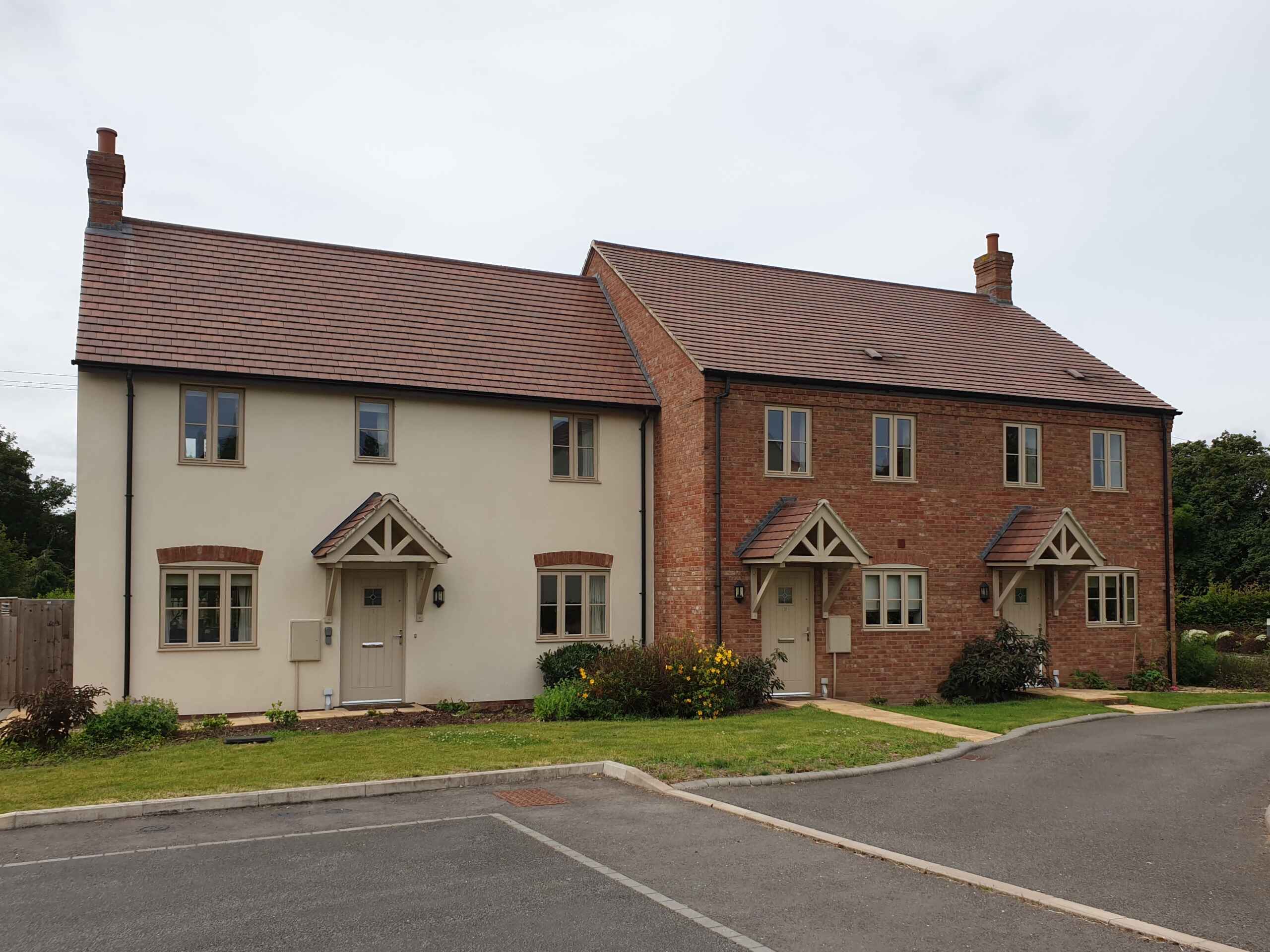
Rural Housing Week: the hidden cost of charm in rural Warwickshire
The Hidden Cost of Charm: Are Second Homes and Airbnb Reshaping Rural Warwickshire?
Warwickshire, with its rolling countryside, historic towns, and postcard-perfect villages, has long been a magnet for those seeking a rural escape. But beneath the surface of this idyllic image lies a growing tension – one that is reshaping the fabric of rural communities across the county.
The Rise of Second Homes and Short-Term Lets
Many second homes are concentrated in rural and tourist-friendly areas like Warwickshire. Alongside this trend, platforms like Airbnb have made it easier than ever for property owners to convert homes into short-term holiday lets, often at the expense of long-term rental availability.
In Warwickshire, this shift is particularly visible in picturesque areas such as Stratford-upon-Avon, the Cotswold fringe, and the villages of South Warwickshire. These locations are increasingly populated by properties that sit empty for much of the year or are occupied by a rotating cast of holidaymakers.
The result? Young families, key workers, and long-time residents are priced out of their own communities.
Impact on Housing Affordability and Availability
The most immediate consequence of this trend is a squeeze on housing supply. As more properties are snapped up as second homes or converted into Airbnb, fewer are available for local residents, especially younger people and low-income families. According to a 2024 study by Ernst & Young for Airbnb, areas with high Airbnb density often see a rise in both house prices and rents.
Community and Economic Consequences
Beyond housing, the social fabric of rural communities is also under strain. When homes are left empty for much of the year or occupied by transient visitors, it can erode community cohesion. Local schools, shops, and services suffer from declining year-round populations. Some villages risk becoming ‘ghost towns’ during off-peak seasons.
However, it’s not all negative. Short-term lets can bring economic benefits, particularly to local hospitality and retail sectors. Tourists spend money in pubs, restaurants, and attractions, providing a seasonal boost. But this benefit is often unevenly distributed and may not compensate for the long-term social costs.
Local Policy Responses
Warwick District Council has taken steps to address the issue. From April 2025, second homes will face a 200% Council Tax premium. This aims to discourage speculative purchases and generate revenue for local services. Meanwhile, national reforms will require planning permission for new short-term lets and introduce a mandatory register to help councils monitor their impact.
Solutions for Housing Affordability
While policy changes are a start, more targeted solutions are needed to ensure rural Warwickshire remains liveable for all. Here are some ideas:
- Introduce a rural funding model to offset the higher costs of small-scale rural developments, making them financially viable for developers and housing associations.
- Encourage rural affordable housing targets to be set locally for parishes with populations under 3,000, helping to distribute housing more equitably.
- Simplify the approval process for Rural Exception Site developments that meet local housing needs, and where the proposal is supported by the local community.
- Increase funding for Rural Housing Enablers who can help identify and deliver suitable sites, and empower local groups to develop community-led housing using models like Community Land Trusts.
- Provide more flexible pathways to home ownership, such as shared ownership, and to secure tenancies for low- and middle-income residents.
A Delicate Balance
The challenge for Warwickshire, and other rural areas like it, is to strike a balance between welcoming tourism and preserving the integrity of local communities. Second homes and Airbnbs are not inherently harmful, but unchecked growth can hollow out the very charm that makes our rural communities attractive in the first place.
So, who are our rural villages and towns really for? With careful planning and local action, we can ensure that rural Warwickshire remains a place where people not only visit but live, work, and belong.
Contact the Rural Housing Enablers to find out how your rural community can provide affordable homes prioritised for local residents: housing@wrccrural.org.uk or 01789 842182.
